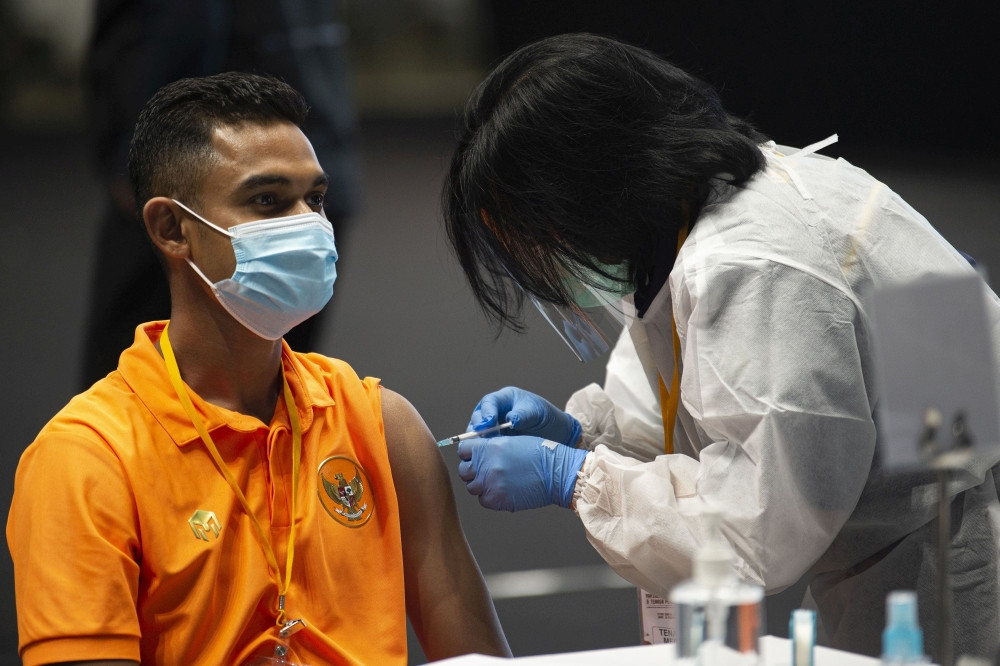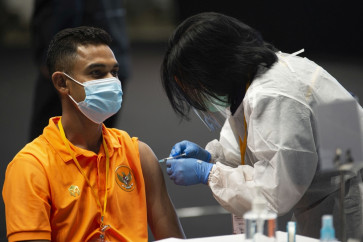Popular Reads
Top Results
Can't find what you're looking for?
View all search resultsPopular Reads
Top Results
Can't find what you're looking for?
View all search resultsIn Indonesia, race for local COVID-19 vaccine faces same old problems
Change text size
Gift Premium Articles
to Anyone
I
ndonesian scientists developing vaccines are hoping to defend the country against the onslaught of COVID-19 but they still must deal with the same old issues that have long hampered research in the country, from overreliance on imported materials to lack of experience in downstreaming research products.
The government has long been aware that Indonesia, the world’s fourth-largest country by population, cannot solely rely on vaccine diplomacy to reach the desired inoculation coverage amid growing protectionism and limited supplies across the globe caused by restrictions during the pandemic.
Shortly after Indonesia reported its first confirmed COVID-19 cases last year, several scientists from a variety of institutions began to look into how they could develop vaccines against the coronavirus. Months later, a consortium helmed by the Research and Technology Ministry-National Research Agency (BRIN) was set up in two research institutions and four universities, each working on their own experimental Merah Putih (Red and White) vaccine using various platforms.
Research Minister Bambang Brodjonegoro said in December 2020 that Rp 300 billion (US$20.6 million) would go into the Merah Putih vaccine development this year, and Health Minister Budi Gunadi Sadikin said recently that his office was allocating Rp 400 billion for these efforts. But the issues faced by domestic vaccine research and development run deeper than funding, which in fact also lags far behind those of neighboring countries relative to their GDPs.
The Jakarta Post talked to five researchers involved in the Merah Putih vaccine development, almost all of whom pointed to Indonesia’s underdeveloped upstream chemical industry as the “classic problem" that leads to overreliance on imported materials.
They said importing materials into Indonesia to develop a new vaccine was an overly time-consuming, costly process that might take more than two months. The bureaucracy abroad and at home, including customs, does not help -- neither are global border restrictions observed throughout the COVID-19 pandemic.
“If these issues are not solved, I think efforts to speed up innovation will continue to face problems,” said biotechnology researcher Wien Kusharyoto from the Indonesian Institutes of Sciences (LIPI), which is part of the consortium developing the Merah Putih vaccine.


















